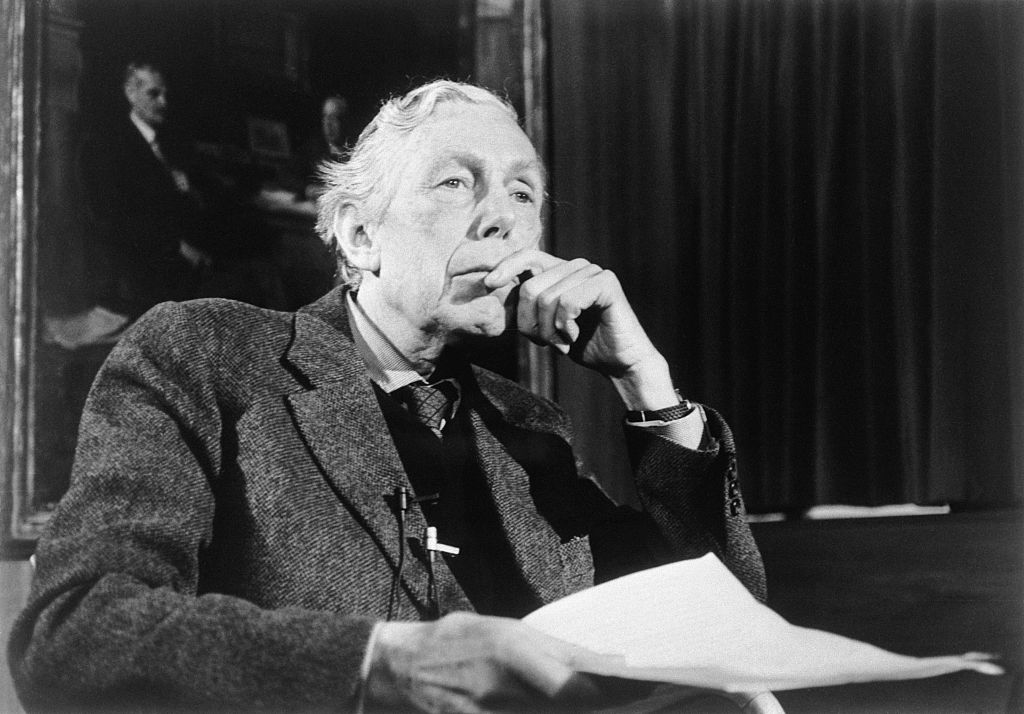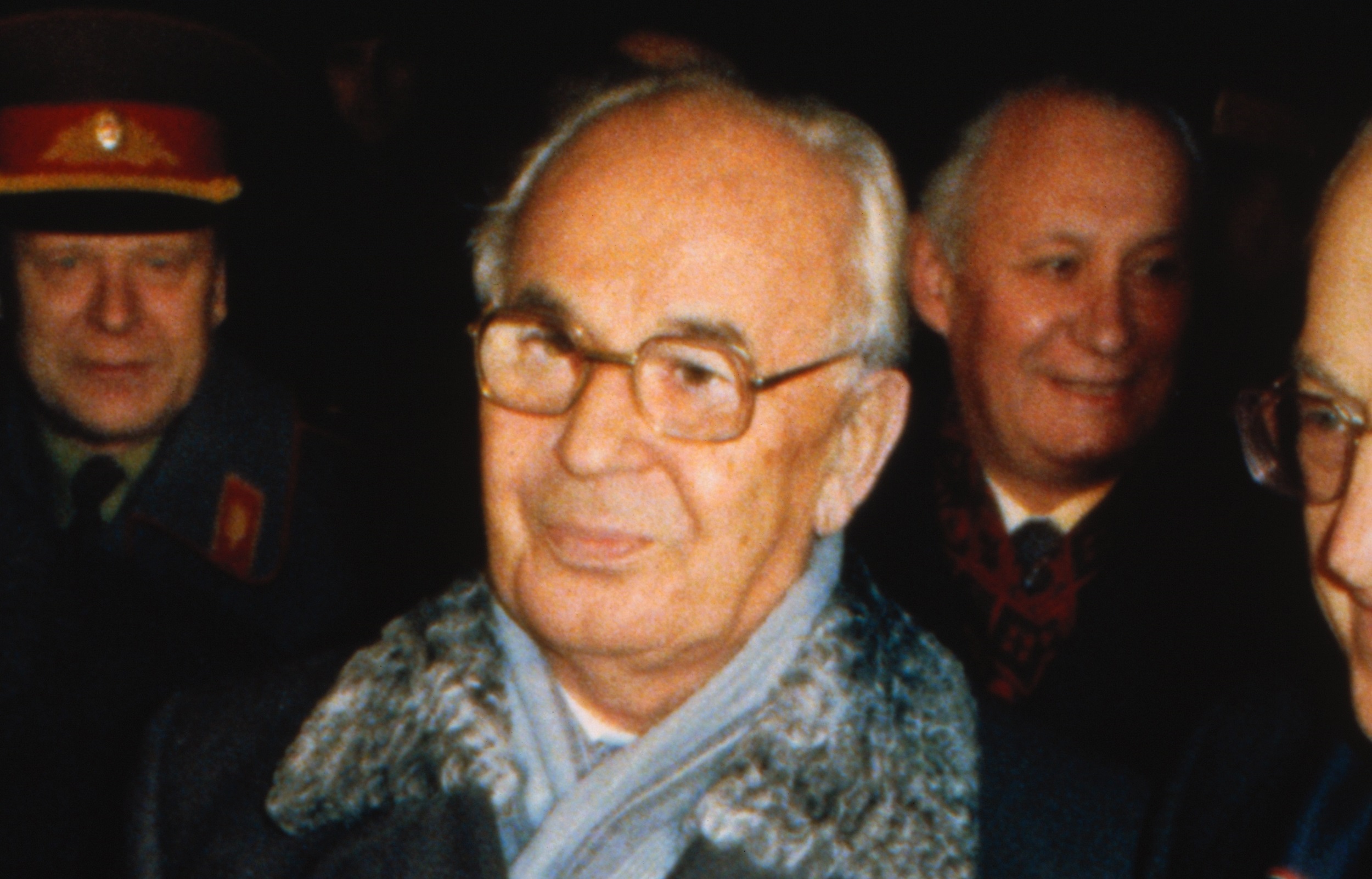The past few years have seen a string of successes for the European right. Out of the 27 European Union member states, 14 are now run by moderate-right or populist-right governments.
In polling for next month’s European Union parliamentary elections, populist-right parties are running in at least second place – and sometimes in first place – in a majority of member states.
While there is uncertainty as to how many seats they will gain, it is likely that right-wing forces will garner something close to a majority (a majority of seats is not impossible, but would be a best-case scenario). Although the European People’s Party (EPP) – the center-right grouping – will remain the largest grouping in the European Parliament by far, the European Conservatives & Reformists (ECRs), a more conservative group, are set to gain seats as well.
This surge in support has brought with it lots of attention – and that attention has, in turn, brought some trouble.
More than that, it has brought the European right the chance for a success it has never had: the ability truly to leave its mark on, or even remake, the European Union.
But where is the trouble?
It starts with the the Identity & Democracy (ID) group, the furthest-right grouping. It is important to delineate the difference between the IDs and the ECRs. Both the ECRs and the ID grouping are undeniably conservative, and both have strong populist elements; as a result, this often leads the mainstream media to simply portray both as “far-right.”
But such a term is not particularly fitting, as there are clear differences between them. The terms “populist-right” or “nationalist-right” would be more appropriate, but these also fail to delineate between the two groups.
There is, however, a clearer way to divide them: Euroscepticism. While the ECRs are, more often than not, happy with using existing power structures within their own countries and in Brussels (though this is by no means universal either), the IDs are often extremely sceptical of the European Union.
While Poland’s ECR-affiliated Law & Justice Party fought hard with Brussels while it was in power, there was no chance they would seek a “Pole-exit.” But ID-affiliated parties, from Marine Le Pen’s National Rally (France) to Matteo Salvini’s League (Italy) to Herbert Kickl’s Freedom Party (Austria), regularly rail against Brussels in a visceral way.
The main issue for the IDs, however, is that this scepticism has not just been directed at Brussels. Their ardent nationalism – call it “small nationalism,” as it focuses exclusively on one’s own country – has caused them to inherently not trust each other.
The European nationalist-right, unlike the socialists, does not have a history of working very well together across national borders, as each nationalist right politician has sought to protect their own states, jealously guarding power or resources. But they were, however, often able to manage this distrust, with their scepticism of Brussels bringing them together.
That is, until last week.
The “bad boy” of the group has long been the German Alternative for Germany (AfD) party, which has a history of causing issues for the ID group.
Last year, members of the party attended a conference which discussed the “remigration” of certain individuals. Earlier this year, an aide to the top European Union candidate, Maximilian Krah, was arrested for being a Chinese spy, which in turn shined a light on Krah’s long history of pro-Chinese commentary.
Then, earlier this month, Krah seemingly defended the Nazi SS, saying that they were not all criminals.
While in the past some members of the ID, like France’s Marine Le Pen, had been frustrated with the ID, the Nazi SS comments proved to be a step too far. In a closed-door vote, the other ID parties elected to kick the AfD out of the grouping.
This is indisputably bad for the AfD. Though one recent poll had them doing rather well, they will now be cast to the Non-Inscrits, members of parliament who sit without a grouping. This will deprive the party of funding and influence in the legislative process.
More than that, though, it has shown a light on the AfD’s largest problem: they have simply refused to take themselves seriously. Politics does not require one to be a moderate. Indeed, extremely conservative populist-right parties, such as Austria’s Freedom Party, have been doing quite well under focused, clear-sighted leadership.
But politics does require that parties strategise and get control over their memberships. This the AfD has refused to do. The fact that Krah, with his history of extremely sketchy statements, was even close to the top of the ticket betrays this lack of seriousness.
The media has tried to portray these instances as the entirety of the right self-destructing before the parliamentary elections, potentially even imperilling their chance for a majority.
That may not be true. The AfD’s troubles may in fact be where the trouble ends for the populist-right writ large, and where the possibility of real success begins.
For starters, the rest of the ID grouping is now, to a degree, unshackled. At every transnational event, the major question posed to ID leaders was why they would be working with a party such as AfD which seemed unable to come to its senses. They can now say that they are not. They have drawn a clear line in the sand.
This has also made things easier for the ECRs. With the fall from power of Law & Justice, Giorgia Meloni’s Brothers of Italy has become the main force in the grouping.
This has not been an accident. Meloni has worked tirelessly to forge alliances with the EPP and with Commission President Ursula von der Leyen. Her efforts have paid off. While her party was derided as “post-fascist” in the previous Italian elections, the president of the EPP recently said that Meloni’s party could not “be compared to the other European parties that are defined as extreme right.”
This success is accentuated by the fact that Meloni has not sold out her principles, as some conservatives claim. At home she has governed as a strict social conservative. But with Brussels, she has used tact. Meloni did not see everything as perpetual war and did not make enemies where enemies did not need to exist.
The AfD’s ejection from the IDs will make things even easier for the ECRs. Beforehand, they had to keep the IDs at arm’s length; Meloni and her allies had worked hard to make themselves seem like a populist-right with which the moderate EPP could work, in contrast to the constantly scandal-plagued ID grouping. By ejecting the AfD, the ID grouping is sending signals that it too can be serious, and the ECRs may feel more comfortable publicly doing business with them.
That in turn could change European politics for decades to come. Until recently, neither the ECRs or the IDs had truly significant numbers. As a result, their split was not a significant hindrance to the right.
But now that both the IDs and the ECRs are set to do well, if they were to start working together more effectively – or if they were to unite – they could fundamentally change the EU parliament. Combined, the IDs and ECRs are set to have almost as many seats as the second-place progressive S&D grouping, making them a force to be reckoned with.
The ECRs and the IDs working together could also help them lift one another up. The more sceptical ID parties could ensure that the ECRs do not simply become a slightly-more-conservative EPP, and the ECRs could ensure that the IDs do not walk into a minefield every other week.
This could also have the benefit of making the IDs easier to work with for the moderate EPP, which is full of parties which are so moderate that it is tough to call them conservative.
Finally, the ability to have real power could create an incentive for the populist-right actually to use that power to sketch out a vision of Europe’s future. Until now, both the ECRs and the IDs were busy fighting each other and were unable to present some sort of unified populist-right vision.
By working together, ideas like Meloni’s envisioned Western nationalism – which contrasts with the aforementioned “small nationalism” in that it argues for nationalists of different countries to come together to fight for Western civilization – could actually come to fruition.
Using their newfound influence to put forward a real platform for what Europe should look like, the European right could show voters that they are a real force to be taken seriously and trusted in the long-term. And that, in politics, is real success.





If Russia takes Ukraine, there will be 30 years of insurgency